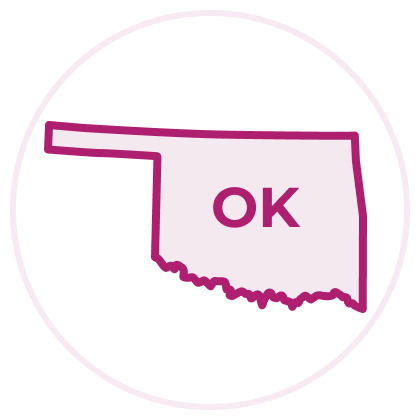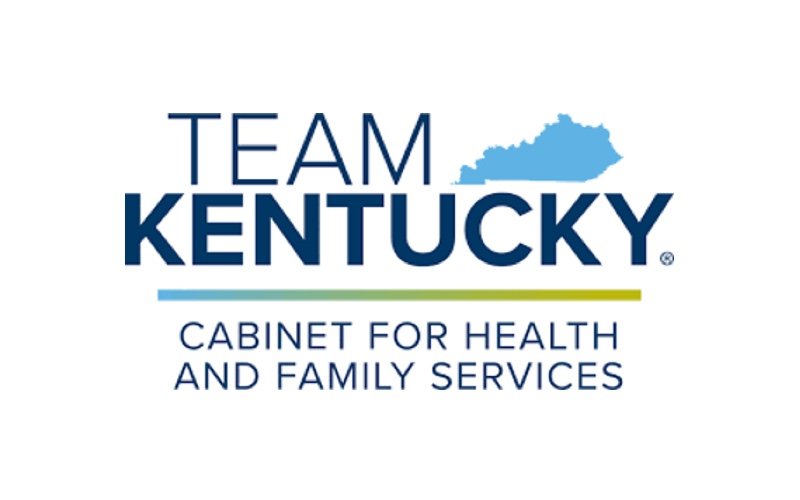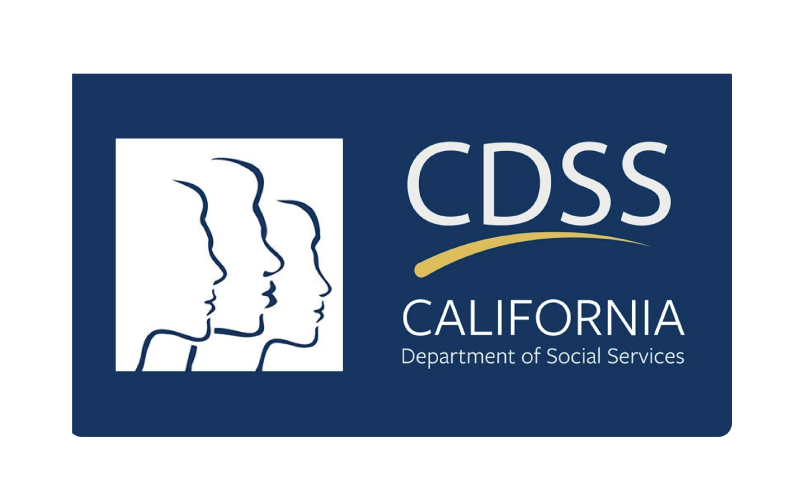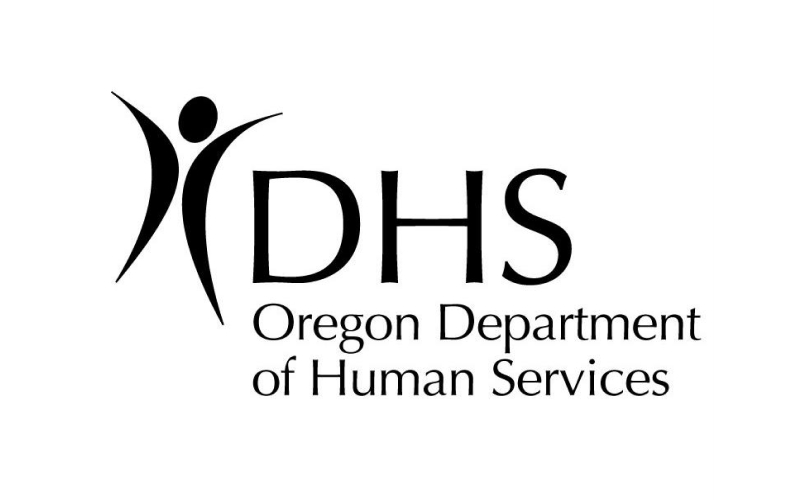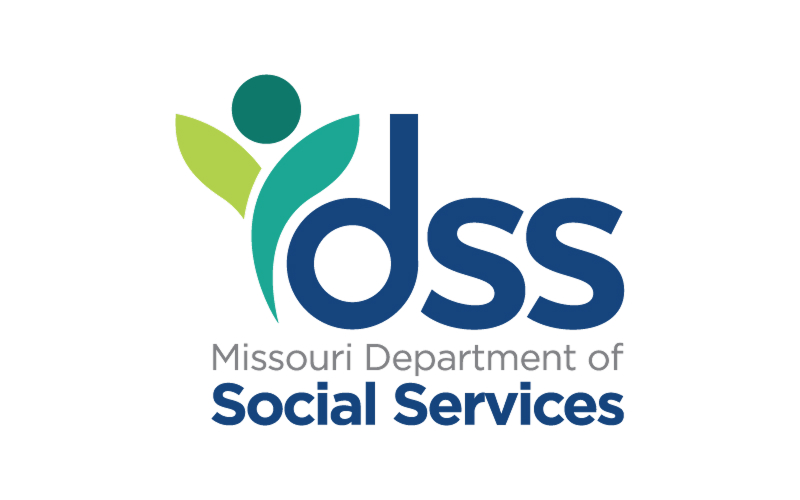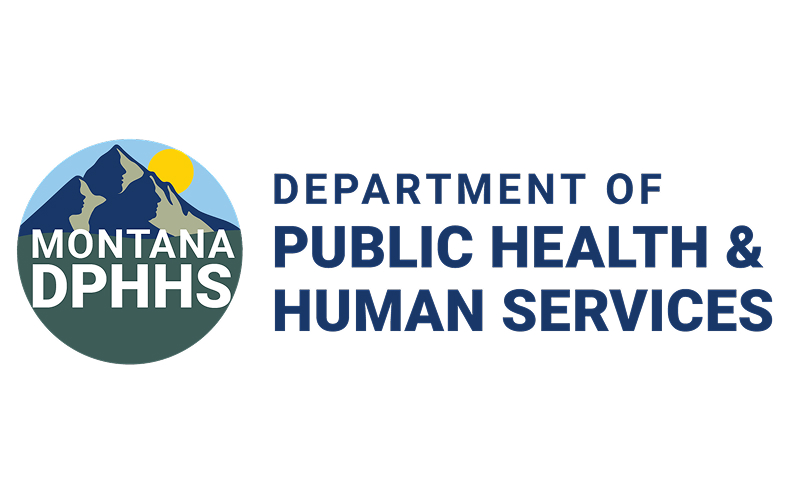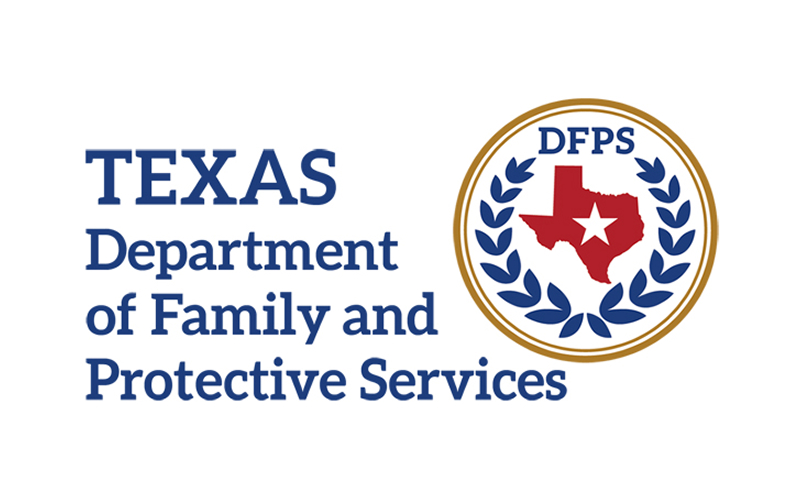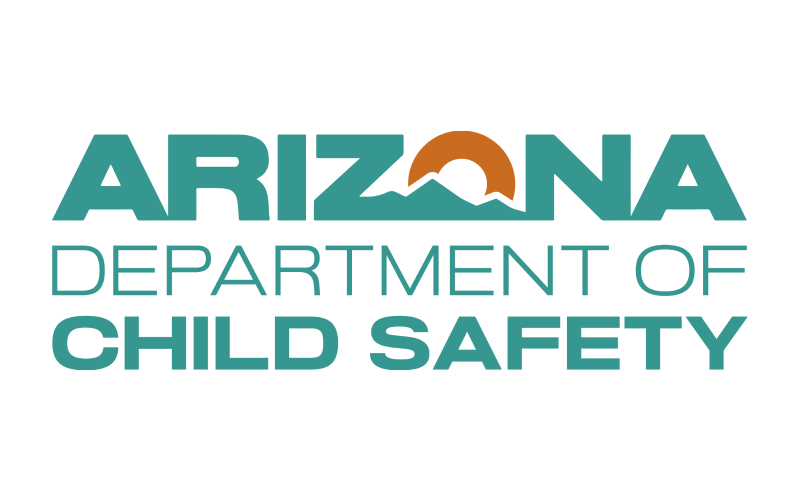Pre-Service Training
Potential kinship, foster, and adoptive families—including relatives—in Oklahoma are required to participate in the 27-hour Guiding Principles for Oklahoma Resource Families curriculum. An applicant may request a permanent training waiver if the equivalent training was completed within the last five years from a tribe, private agency, or another state. This is subject to approval by the resource field manager. Relative caregivers may be approved for placement prior to completion of the pre-service training.
Lunch and Learn webinars focused on adoption competency topics are held regularly and available to a wide audience, including all individuals, professionals, and family types. Provided by the University of Oklahoma (OU) Center for Adoption and Family Wellbeing and Oklahoma Human Services Post Adoption Services (PAS), current foster families who are transitioning to adoption and supported guardianship receive in-service credit (1 per webinar) toward the total annual requirement (12) and professionals can receive CEUs.
Services Offered Through the State’s Post-Permanency Support Program
Oklahoma Human Services provides post-permanency services to assist adoptive and supported guardianship families, maintain the child in the home, and support adult adoptees and birth family members coping with the lifelong impact of adoption. Services are provided by Oklahoma Human Services staff members in the Post-Adoption Services (PAS) unit. These services are offered through the agency at no cost to families.
Services include:
For more information, visit:
- https://okfosters.org/ (includes information on support groups and respite)
The Oklahoma Post-Adoption Services program provided individualized services to 329 families through the PAS Outreach team in 2023.
Geographic Area Covered
Post-permanency services in Oklahoma are offered statewide. PAS Outreach and Clinical Teams serve the entire state. Some services are provided virtually to ensure statewide access.
Eligible Population for the Overall Post-Permanency Program
Variations in Eligibility for the Post-Permanency Program
Case management and counseling services are open only to families who have an adoption assistance or supported guardianship agreement. PAS may not provide direct services to families without an agreement but may make referrals to other providers and programs. Supported guardianships that do not enter into an agreement are ineligible for the PAS Respite Voucher Program but can be supported through other available resources. Those that have not adopted through the Oklahoma child welfare system (including those who adopted privately or through intercountry adoption) are not eligible for the programs described but are connected to local resources. For families who have adopted in other states and now live in Oklahoma, PAS can assist the family in transitioning their medical coverage to Oklahoma Medicaid to obtain public services in the state.
Outreach and Engagement
Oklahoma has a staff of five full-time workers who focus on outreach—the PAS Outreach Team. When a family finalizes an adoption or supported guardianship, an outreach worker calls the family to inform them about post-permanency services. An email with a welcome letter is sent to the family that includes the Adoptive Parent Handbook and links to the PAS website, YouTube channel, and most recent newsletter, which includes contact information for the assigned PAS subsidy specialist. General outreach is conducted monthly for webinars and meetings around the state. The PAS Outreach Team makes an effort to reach out to rural families more often because it is more difficult to find services in rural counties.
The PAS Outreach Team is tracking its efforts and impact with data. There is a partnership with the OU Center for Adoption and Family Wellbeing to create a more formalized plan of evaluation.
How the Post-Permanency Program Is Operated
Notes About Who Provides Which Service(s)
Post-permanency services are provided by state staff.
Oklahoma Human Services partners with the OU Center for Adoption and Family Wellbeing through a contract with the statewide coordinator of adoption preservation services to provide consultation and supervision to clinical staff at Oklahoma Human Services, offer training for Oklahoma Human Services child welfare and adoption staff, generate additional partnership efforts to promote adoption competence in the state, and evaluate PAS efforts.
Adoption/Guardianship Assistance/Subsidy Review and Changes
Oklahoma Human Services reviews adoption assistance agreements annually. A form is sent out to the adoptive parent(s) to complete and return within a specific timeframe. Oklahoma Human Services will review the form to determine if the adoptive parent is fulfilling the agreement. Annual reviews completed for supported guardianship are similar. However, permanent supported guardianships require the guardian(s) to reappear in court at the one-year mark following finalization. At that time, the judge typically dismisses all other legal reviews and then they would only return if there was an issue. There are some counties where the judge requests an additional review to follow up on a particular situation.
An adoption assistance agreement may be modified and the adoption assistance payment amount readjusted periodically when warranted by a change in circumstances and with the agreement of the adoptive parent(s). A change in the child's eligibility for the Difficulty of Care (DOC) rate paid constitutes a change in circumstance. The adoptive parent(s) must inform Oklahoma Human Services of circumstances that make the child ineligible for adoption assistance payments or eligible for payments of a different amount. Oklahoma Human Services may require: (1) the adoptive parent(s) to provide updated documentation of the child's ongoing eligibility for the payment amount received; and (2) evaluation of the child by a suitably licensed or certified examiner selected by Oklahoma Human Services when the child's eligibility is in question. When the parties cannot come to an agreement, Oklahoma Human Services establishes the payment amount.
For supported guardianship assistance, payment may be adjusted periodically, in consultation with the relative guardian, based on the guardian's circumstances and the child's needs.
Tracking Adoption/Guardianship Discontinuity
Oklahoma produces a dissolution report that tracks adoptive families who terminate their adoptions. The state does not have a formal method to track other adoption/supported guardianship instability as the children are no longer in custody. They rely on self-reporting from the adoptive family about these circumstances. There is also a report that captures cases in which families are receiving adoption assistance while their children have re-entered the Oklahoma foster care system. The report also tracks the placement resource type (e.g., acute psychiatric hospitalization, congregate care settings, psychiatric residential treatment, etc.) for children who re-enter Oklahoma foster care. Children who are adopted via intercountry adoption are tracked if they come into protective custody.
Post-Permanency Program Spending (FY 2023)
Funding Sources for the Post-Permanency Program (FY 2023)
- Adoption savings (reported on CB 496 Part 4 – Annual Adoption Savings Report)
- Title IV-E funds (including Prevention Services Grant Program/PSGP or IV-E training dollars)
- State funds

